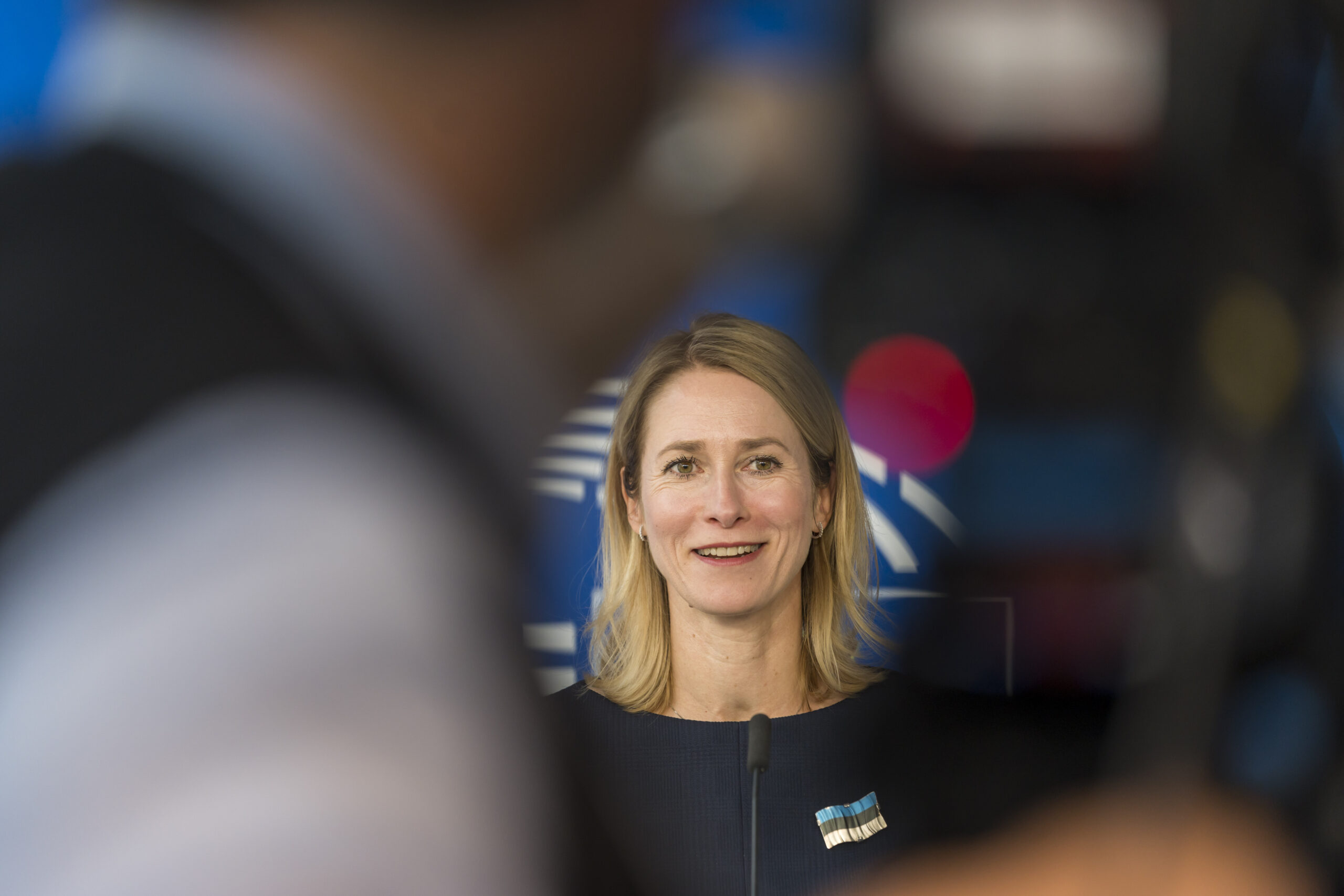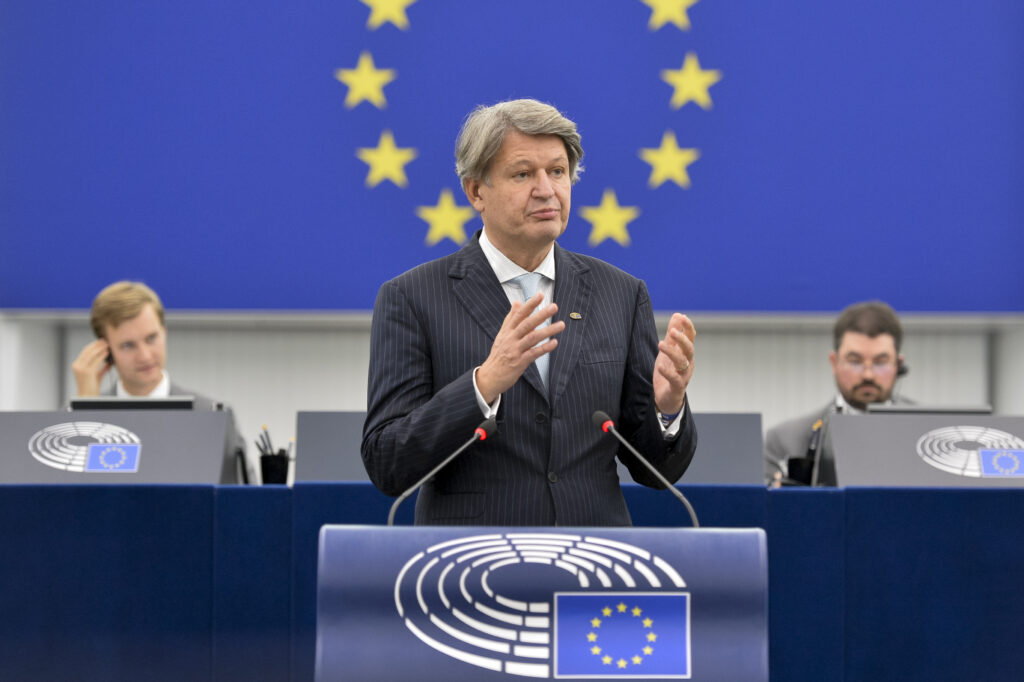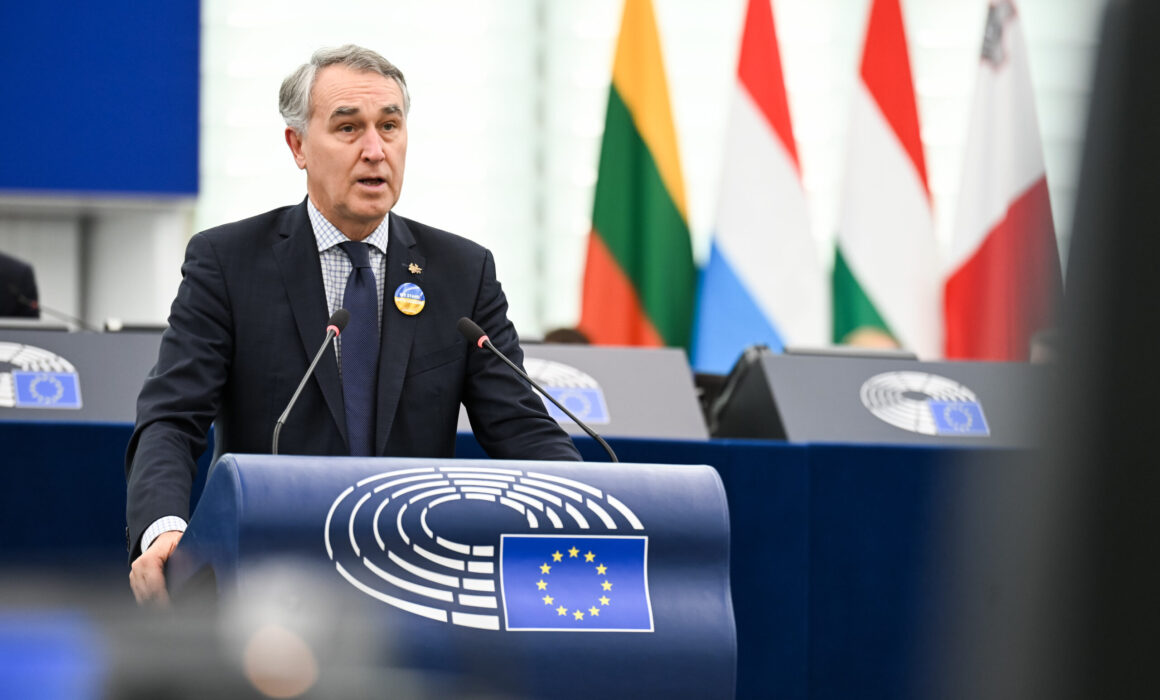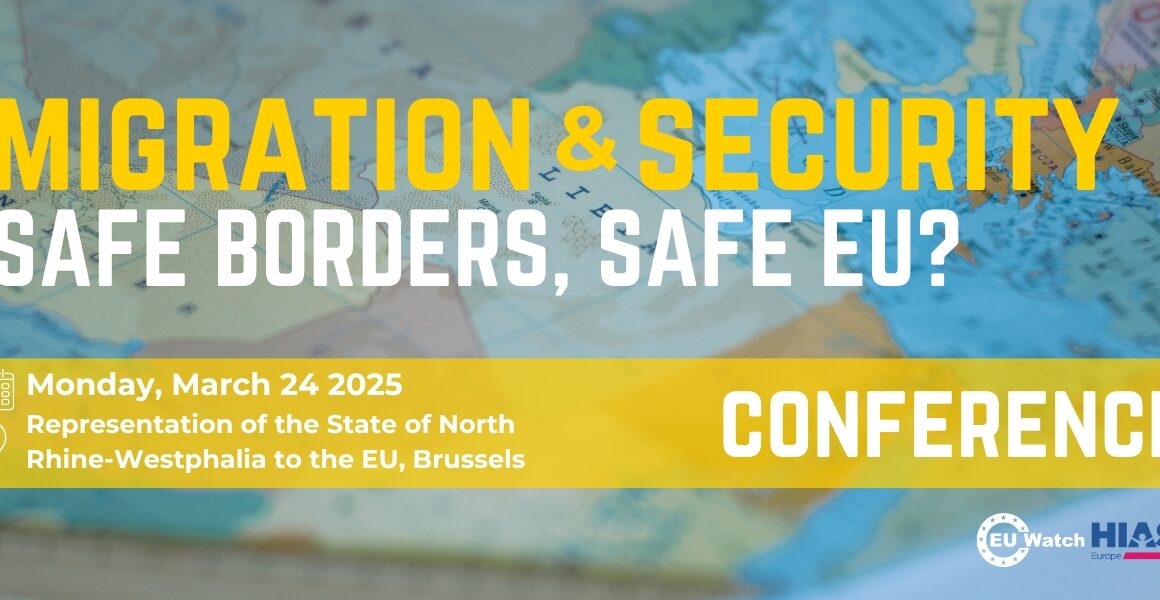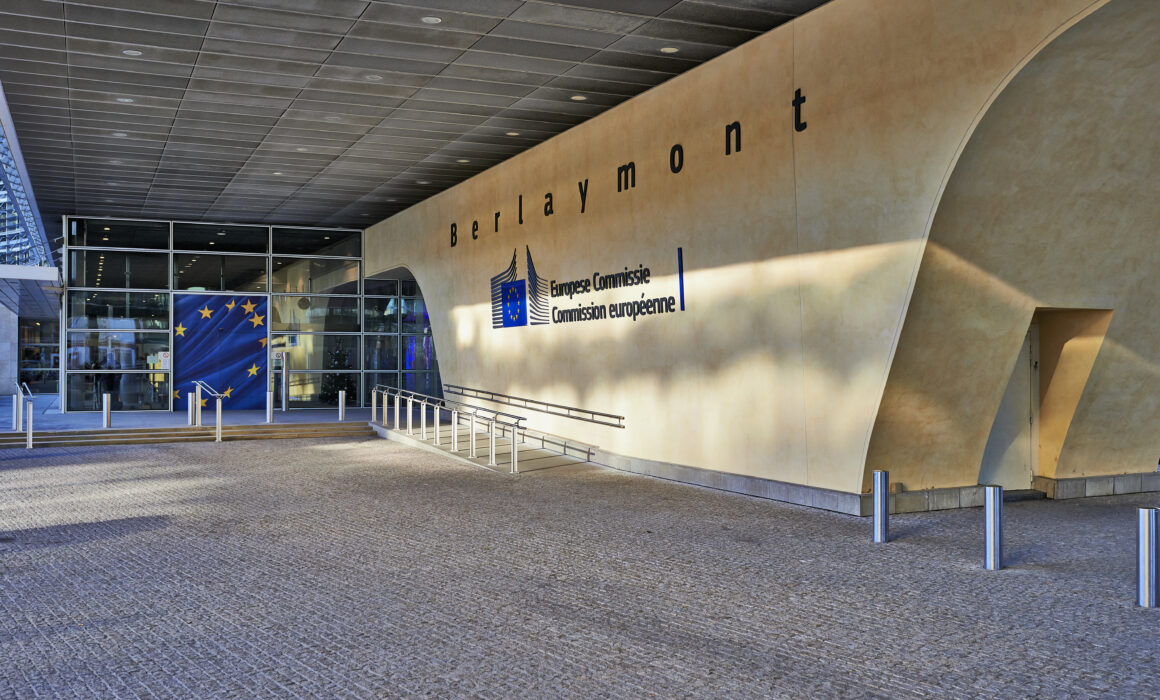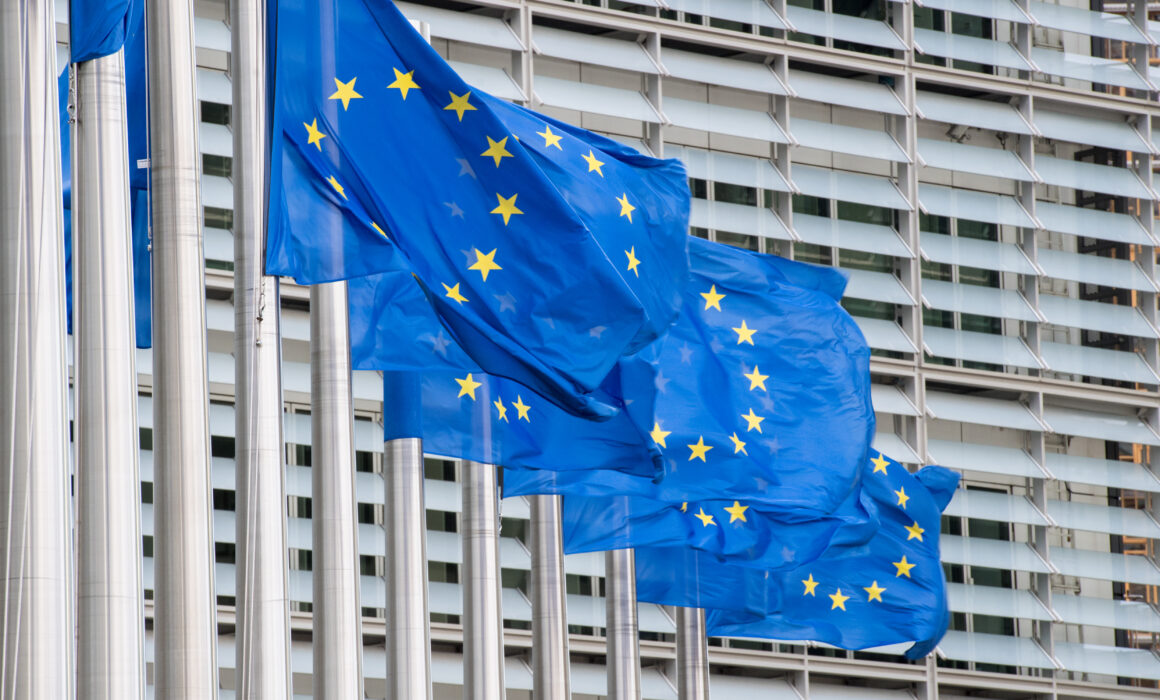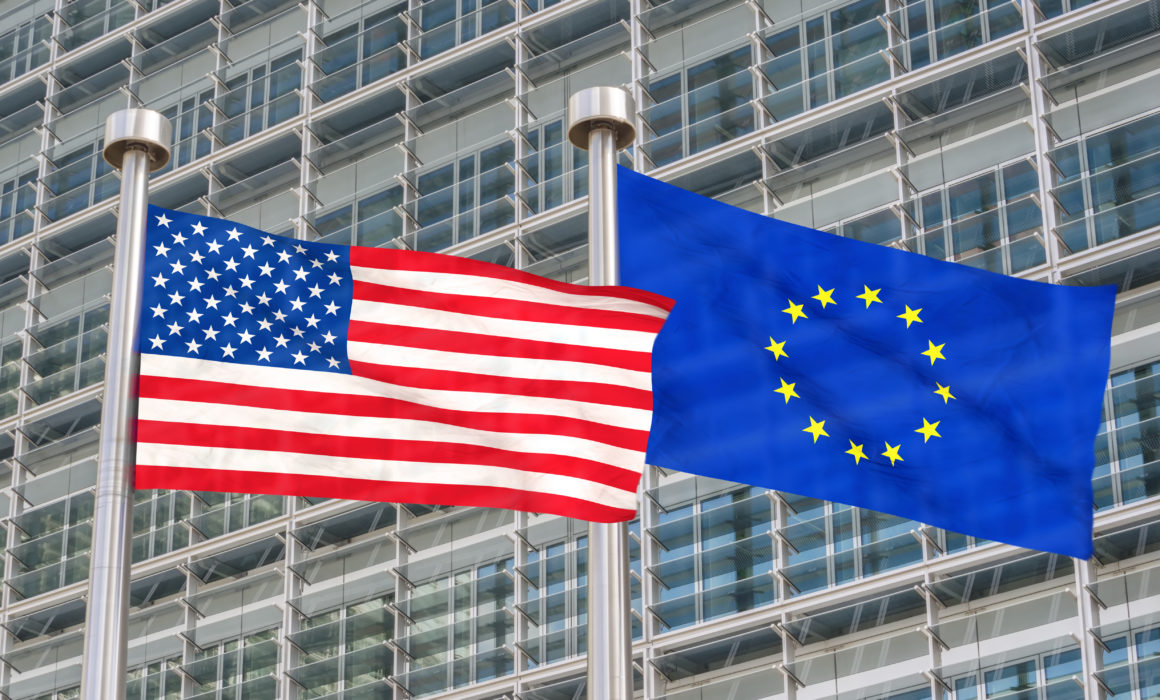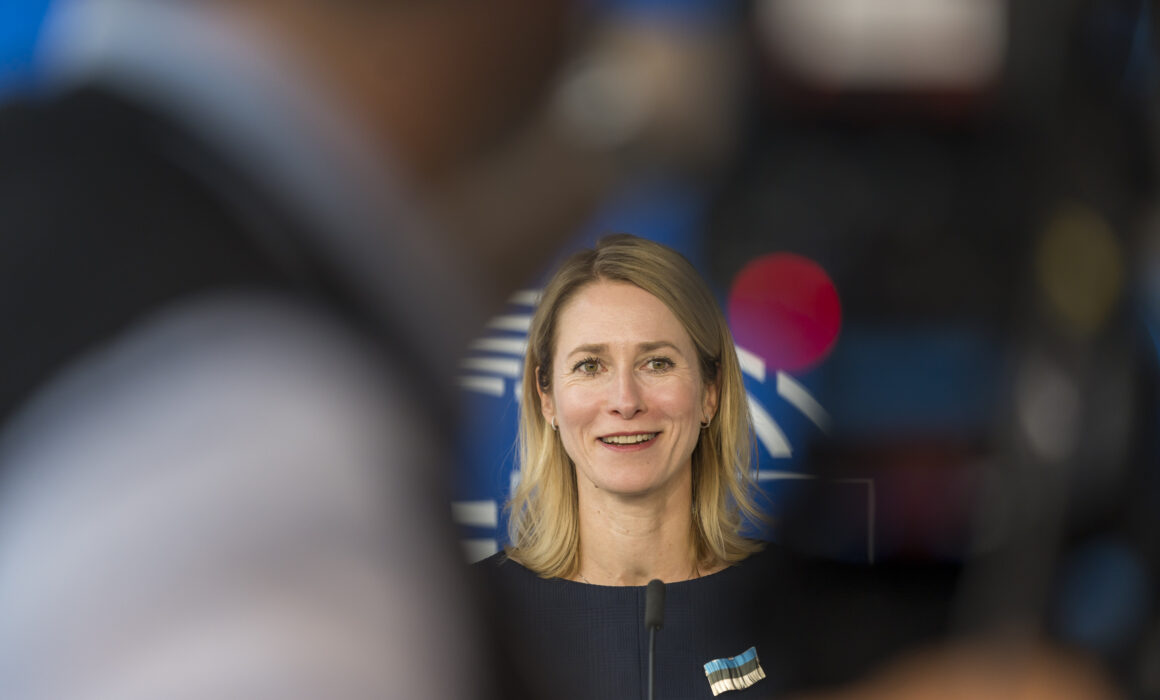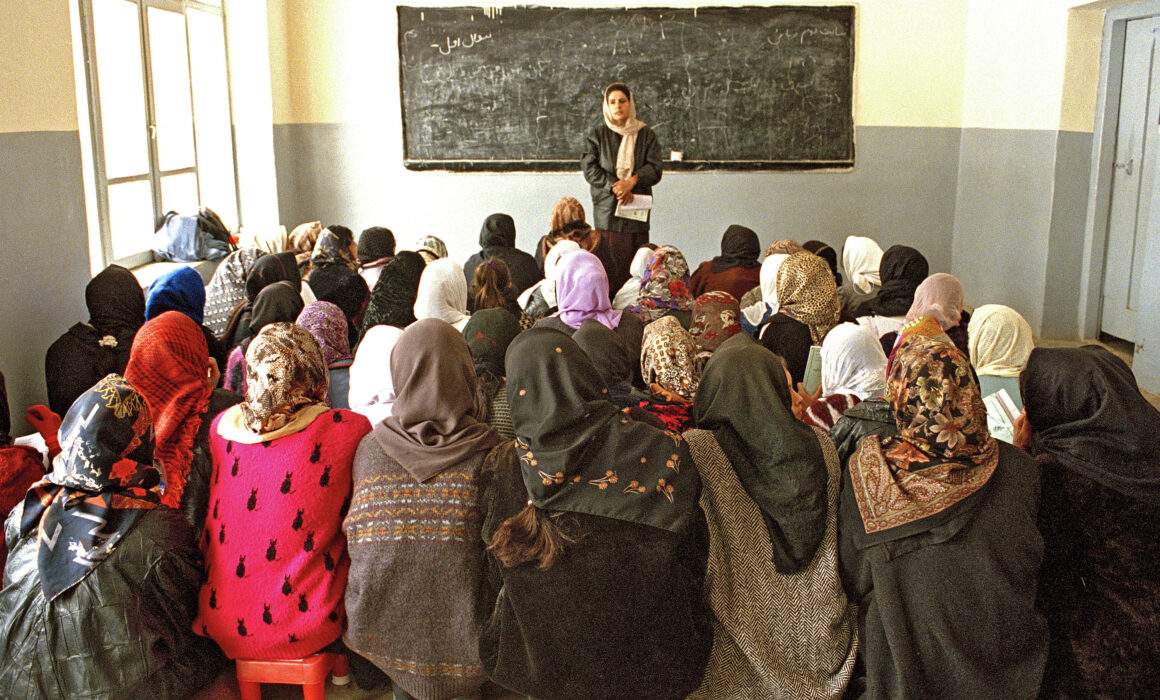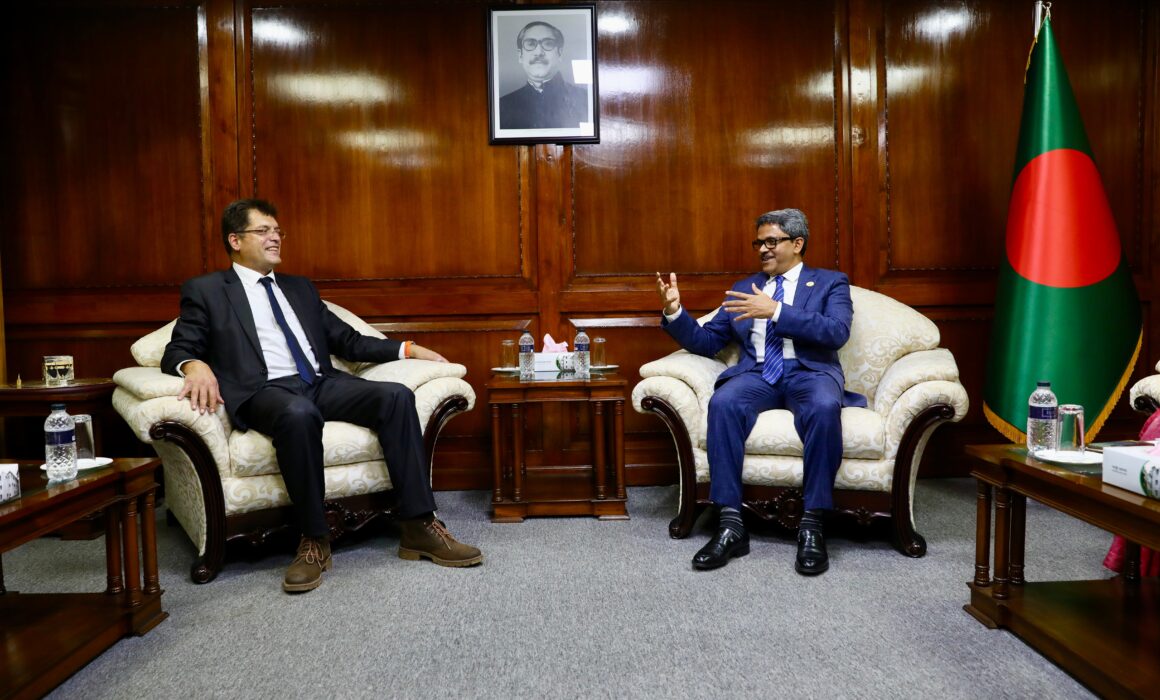As a journalist yourself, what’s your perspective on media freedom in the EU and the freedom of expression?
Freedom of media is so important. More education is needed, especially for young people to understand and to always have the question, is this true? Is it right? They have to always be critical of media and the media has to accept that people will be critical towards them. This leads us to the question of digital platforms.
What is the responsibility of these platforms and their leadership? You know, as an editor-in-chief of a newspaper, when I’d write false information about someone, I would get sued and the newspaper would pay a fine, and probably I would lose my job. You can write on X whatever you want and there is no repercussion.
We must be strong on this issue as a European Union, but not be against freedom of expression. However, there are certain laws and regulations that social media platforms have to abide by.
Some can say censorship, but it’s not. If you do misinformation or spread lies, you will be sued if it’s published in a newspaper. But on the social media platforms, you can write whatever you want without repercussion. Is that fair?
You mentioned third countries such as China and Russia. How would you assess the EU’s position on the global stage?
In general, I think Europe is stronger than we believe. For example, what Viktor Orban does is not okay – you can’t go to Putin and to Xi Jinping and say I will do peace in Ukraine. Because you cannot do it.
My party and I, think that we need we need a stronger Commission, a directly voted President of the Commission. We need a stronger Parliament with initiative rights and of course, we need one foreign policy. Look at what happened last year after October 7th – the EU countries didn’t have a unified position in the United Nations. I believe that Kaja Kallas is a very strong woman and a committed politician, and she is my hope that can bring the EU to speak with one voice.
Interview conducted by Avital Grinberg.
Listen to the full interview on Spotify or Apple Podcasts.

